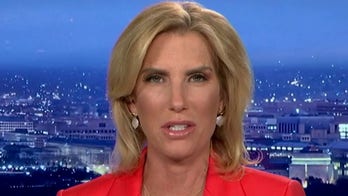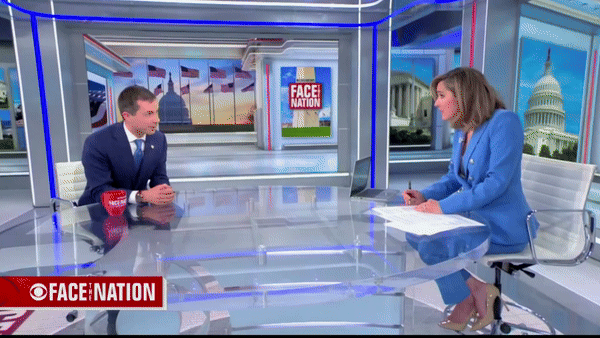During the American Civil War, the Confederate Secret Service employed covert operations to influence the press and sway public opinion in favor of the Confederacy.

In the midst of the American Civil War, the Confederate Secret Service embarked on a clandestine campaign to manipulate the media and influence the Northern public through election interference. This covert operation played a pivotal role in shaping the course of the conflict.
Faced with overwhelming odds against the massive Union armies, the Confederates devised innovative strategies, including shadow warfare and covert operations, to level the playing field. One key aspect of this approach was manipulating news coverage of the war to erode Northern morale.

The Confederate Secret Service, though unofficial, acted as a hidden hand behind these clandestine efforts. Various branches of the service employed a range of techniques, from kidnapping officials to instigating violence. However, influential officials believed that using political influence and money offered the greatest chance of success.
President Jefferson Davis directed the Confederate Secret Service, authorizing operations and collaborating closely with a select group of officials. Judah P. Benjamin, Secretary of State, oversaw one arm of the service, which engaged in election interference by bribing members of the Northern press to present a favorable Southern narrative.

A primary objective was to influence the presidential election of 1864. Confederate Secret Service operative George Nicholas Sanders, operating from the St. Lawrence Hotel in Montreal, led the crusade to control "the Democracy," the Democratic Party's self-designation.
Among the initiatives undertaken by the Confederate Secret Service was the distribution of tens of thousands of dollars to Democrat news organizations. This funding fueled virulently anti-war and anti-Lincoln articles, which had a chilling effect on Northern morale.

The Confederate Secret Service's efforts were amplified by Horace Greeley, the influential editor of the New York Tribune. While an antislavery crusader, Greeley grew disillusioned with the war's aftermath and the stalled Union offensives, writing to Lincoln that "Nine-tenths of the whole American people, North and South, are anxious for peace."
In 1864, Sanders and the Secret Service orchestrated a phony peace conference to trick Lincoln into admitting the war's futility. The press release sent to the Associated Press portrayed Lincoln's position as a blunder, fueling support for the Democratic platform, which called for an armistice and the preservation of slavery.
The Confederate Secret Service's information war aimed to influence hearts and minds, recognizing that controlling the narrative was crucial in sustaining Southern support for the war. By 1864, much of the South's territory remained unoccupied by Northern troops, and the population was overwhelmingly supportive of the cause.
The Confederate Secret Service's efforts to influence the media and elections highlighted the importance of controlling the narrative in wartime and the potential of covert operations to sway public opinion. The lessons learned during the Civil War continue to resonate today in the era of information warfare.










